Table of Contents
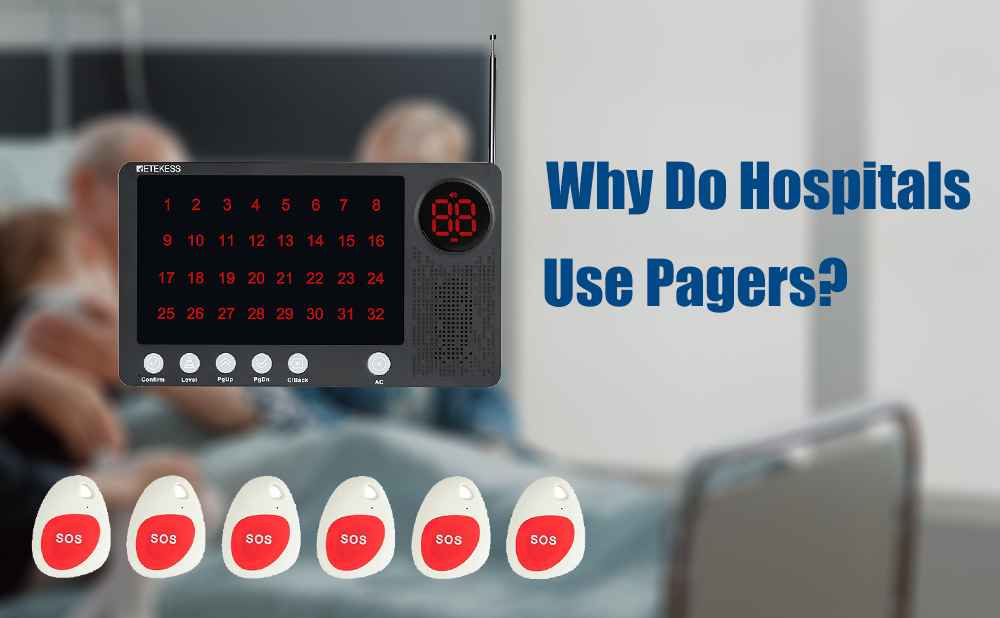
Why Do Hospitals Use Pagers?
- Kathy
- Jun 21, 2024
- 1 Comments
Hospitals have been using pagers for communication for many years. And it also called wireless emergency call system. Despite advances in technology, pagers continue to be an essential tool in the healthcare industry.
So, why do hospitals still use pagers?
One of the main reasons hospitals use pagers is reliability. Unlike cell phones or other communication devices, pagers have a much better chance of receiving a signal in areas with poor reception, such as hospitals where there may be interference from medical equipment. This reliability is crucial in a healthcare setting where effective communication can mean the difference between life and death.
Do doctors still use pagers?
Another reason pagers are still widely used in hospitals is their simplicity. Pagers are easy to use and require minimal training to operate. This is especially important in a fast-paced environment like a hospital where healthcare professionals need to communicate quickly and efficiently. Pagers allow for instant communication without the distractions that often come with smartphones or other devices.
Security is also a major factor in why hospitals use pagers. Pagers are a secure mode of communication as they are not susceptible to hacking or other security breaches that can occur with smartphones or other digital devices. This is crucial in a healthcare setting where patient privacy and confidentiality are of utmost importance.
Furthermore, pagers are also cost-effective for hospitals. While there may be initial costs associated with purchasing and maintaining pagers, the overall cost of using pagers for communication is much lower than other options such as smartphones or other digital devices. Pagers also have a longer battery life compared to smartphones, which means they do not need to be charged as frequently.

In addition to these practical reasons, pagers also have a long history in the healthcare industry. Pagers have been used in hospitals for decades and have become ingrained in the culture of healthcare professionals. Many hospitals have existing pager systems in place and switching to a different form of communication would require a significant investment of time and resources.
While pagers may seem outdated in today's digital age, they continue to be a vital tool in hospitals for communication. Their reliability, simplicity, security, cost-effectiveness, and history in the healthcare industry all contribute to their continued use. As technology continues to advance, it will be interesting to see if hospitals will eventually transition to newer forms of communication or if pagers will remain a staple in healthcare settings for years to come.
Any other questions, feel free to email Retekess at support@retekess.com.

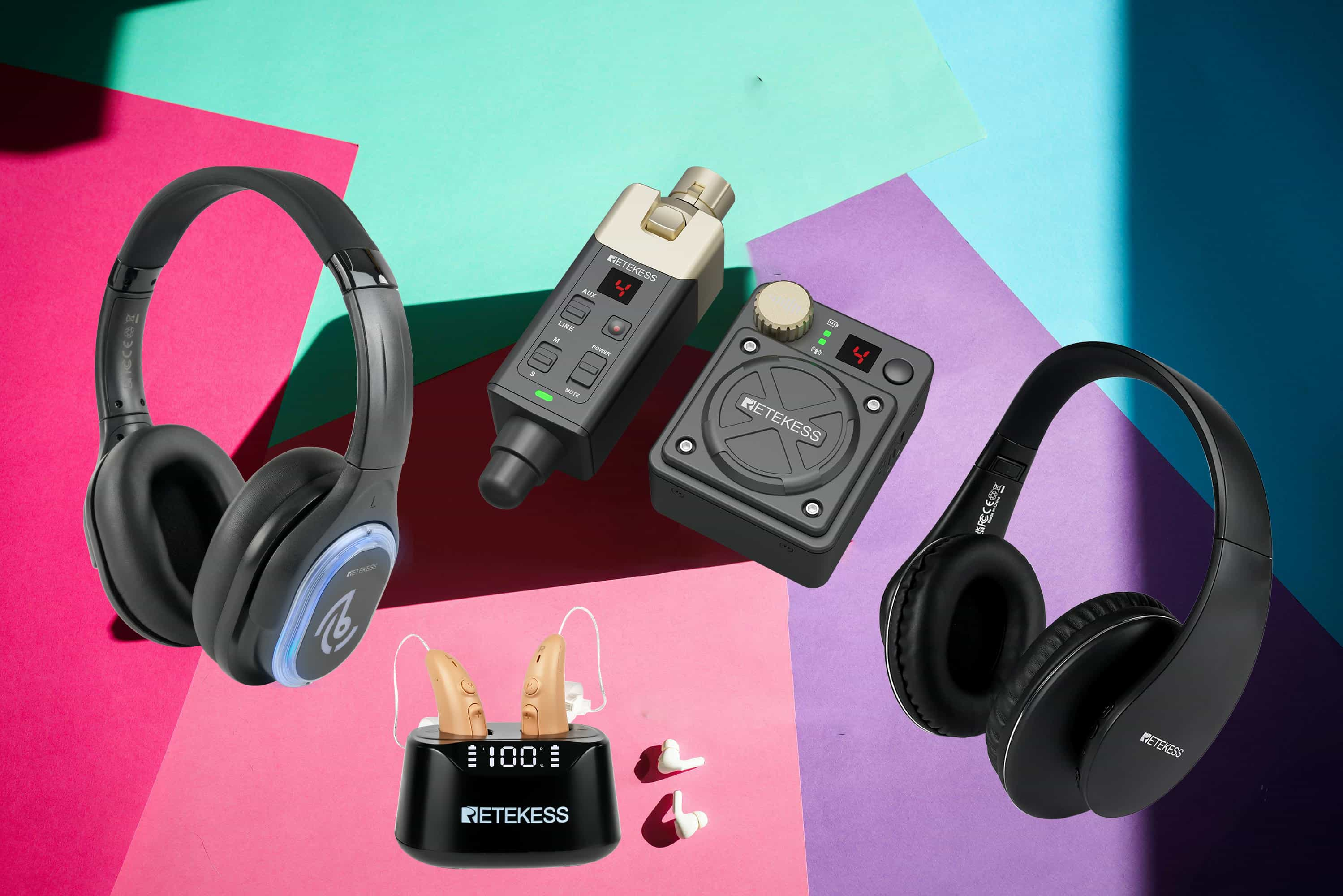
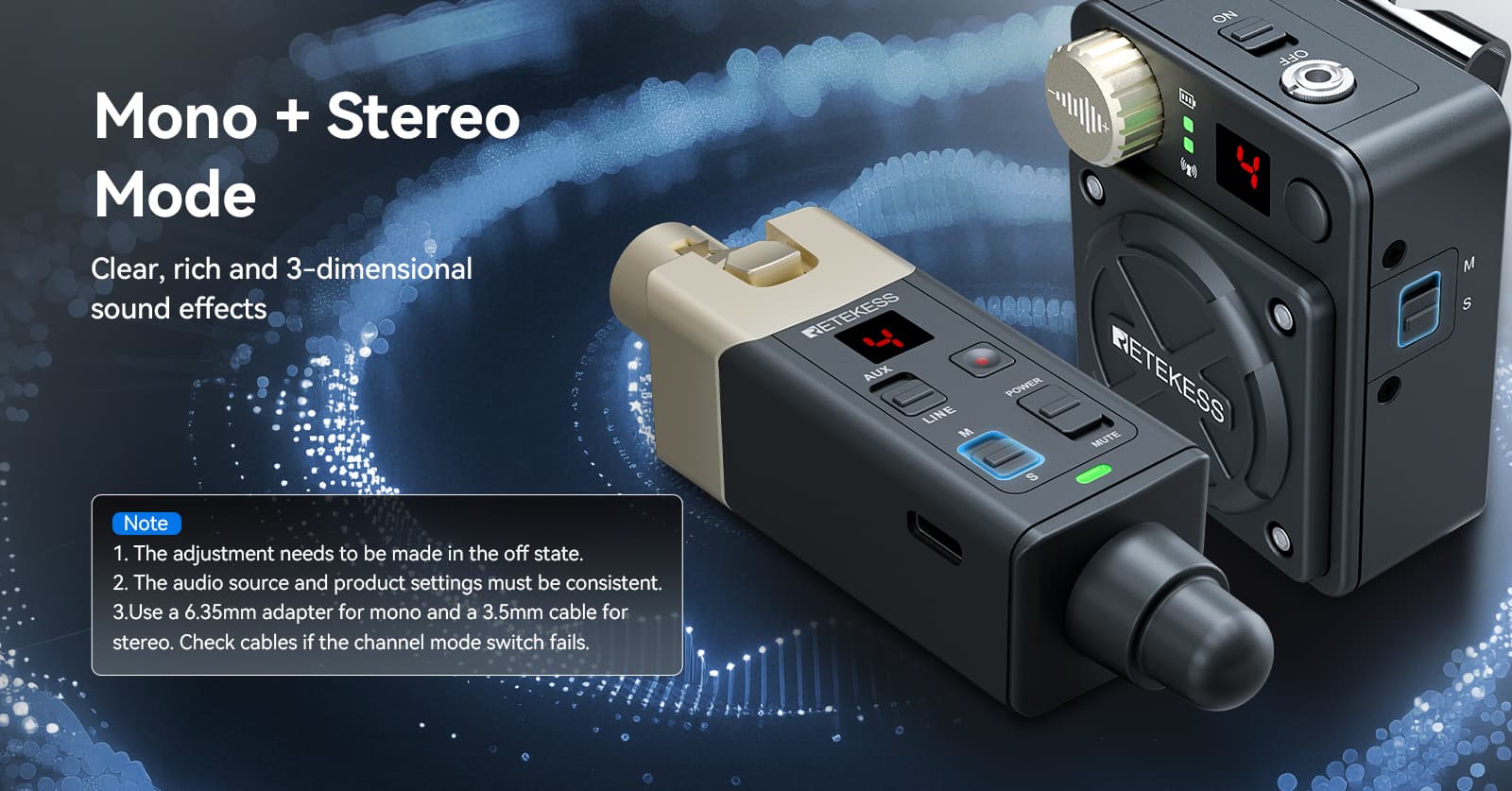


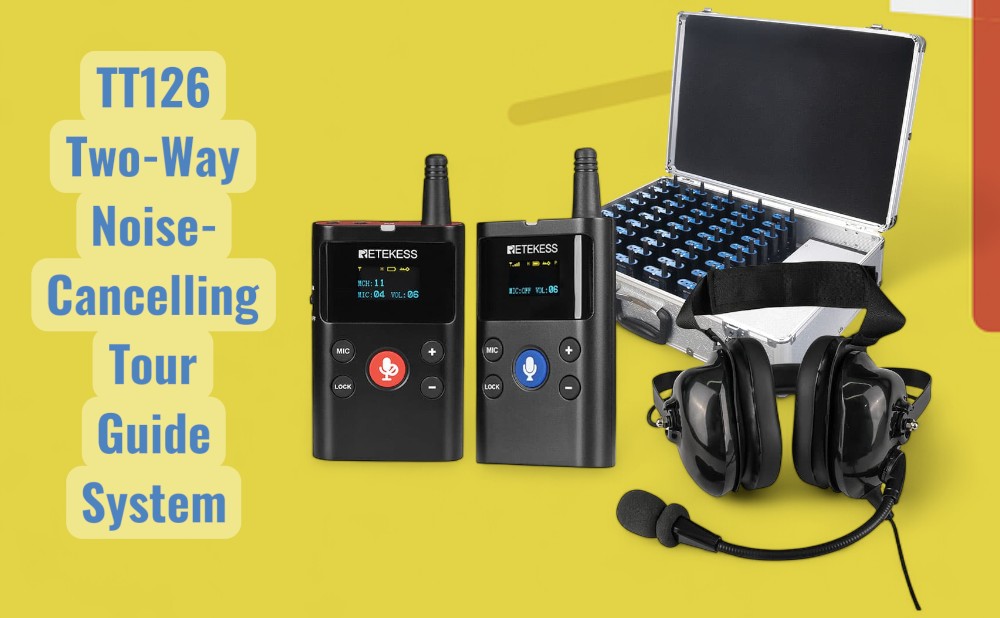
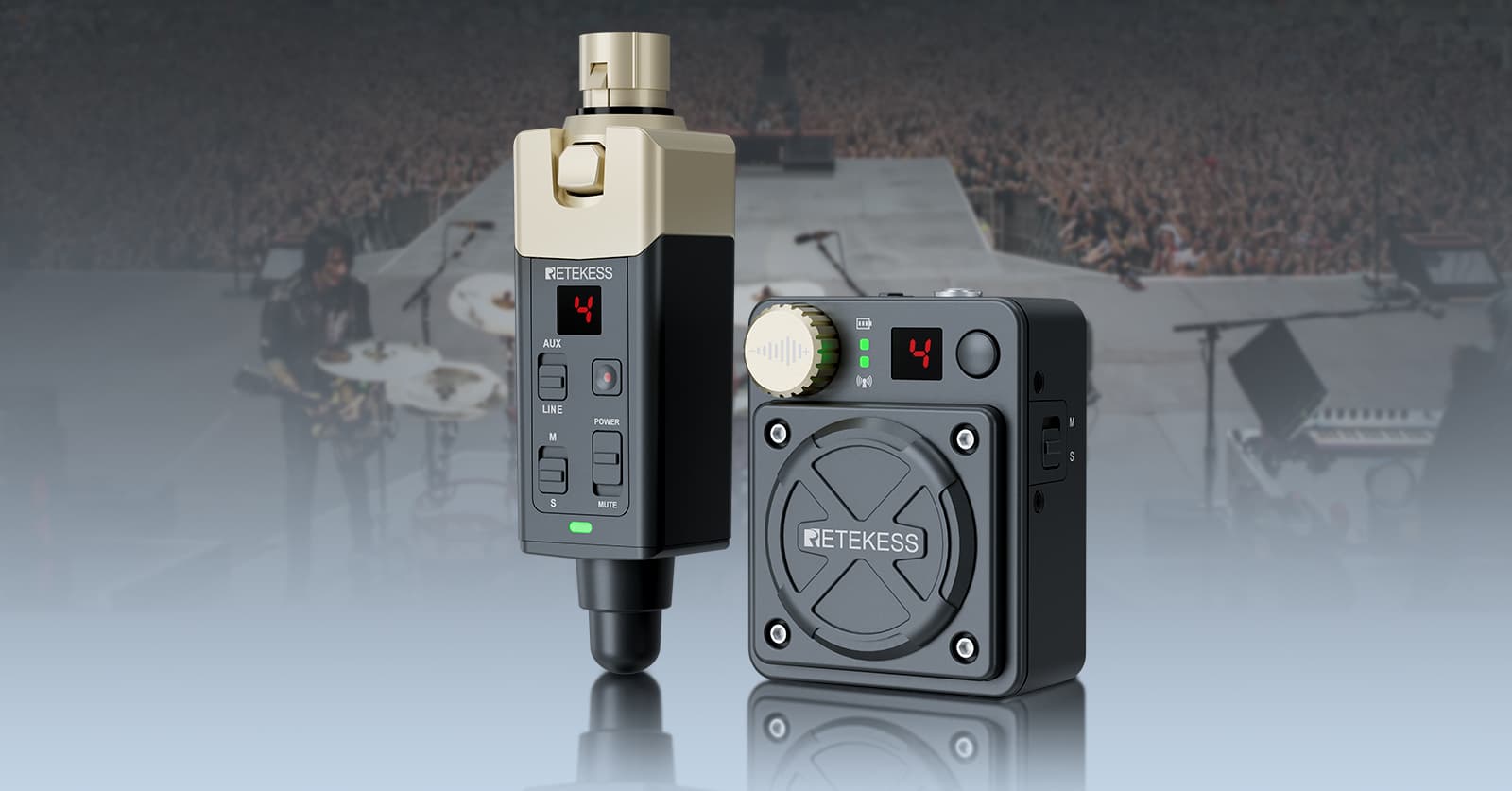


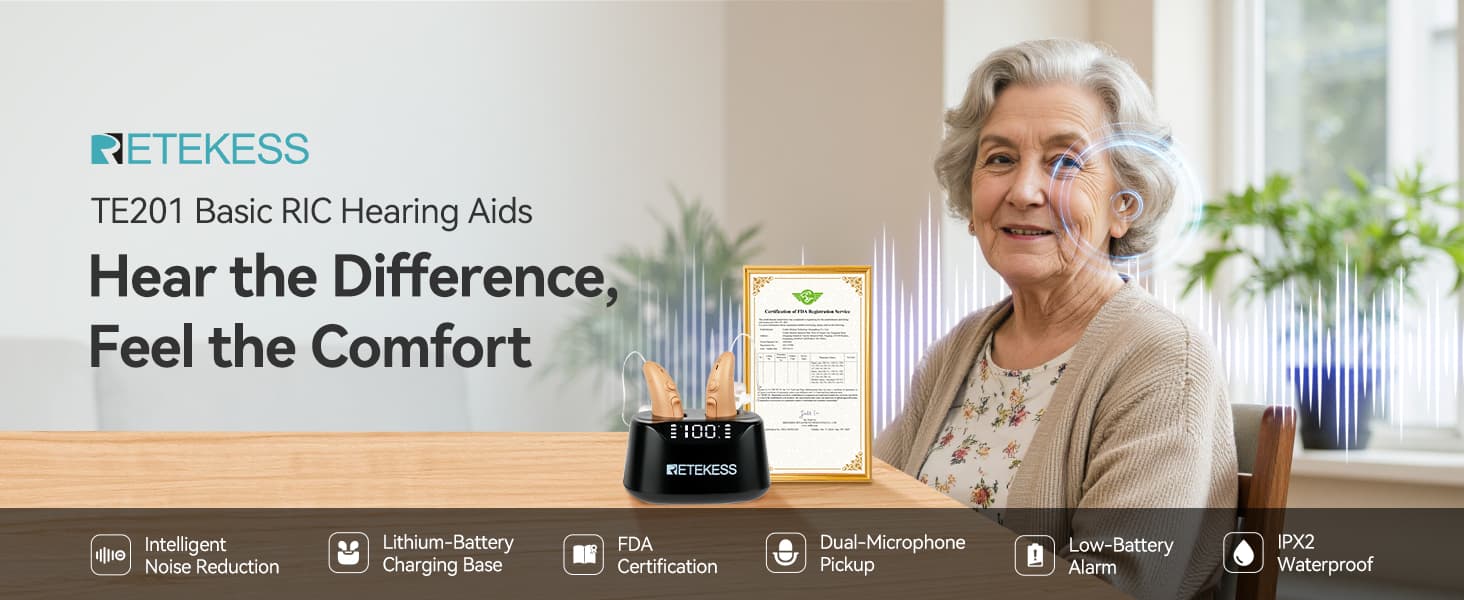
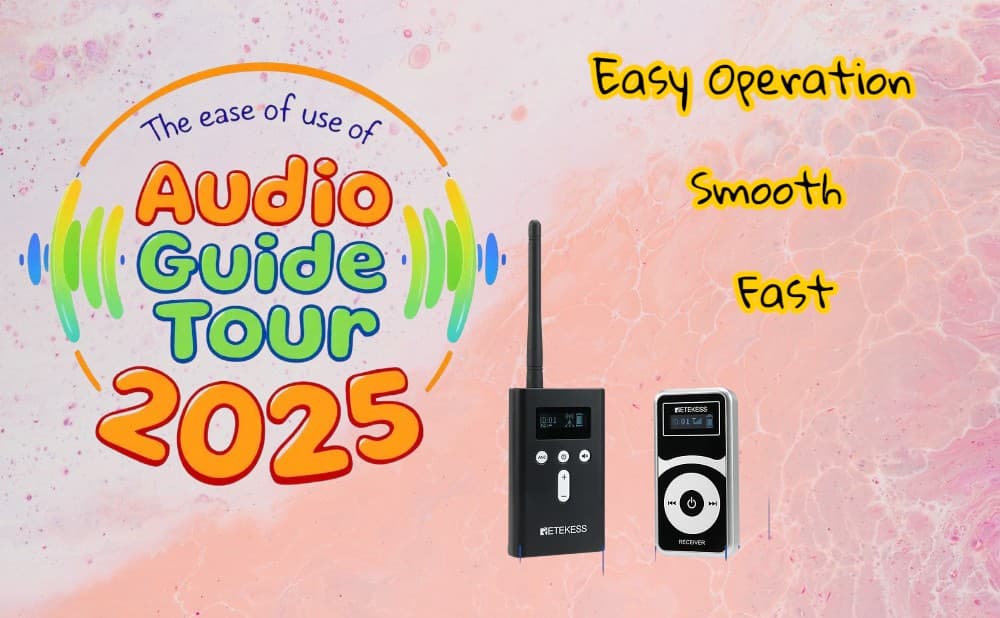

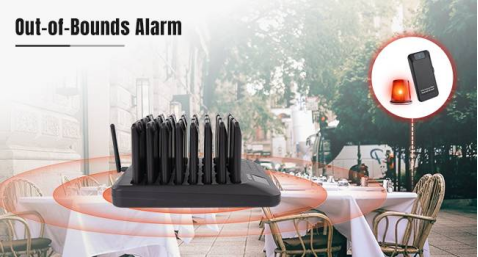


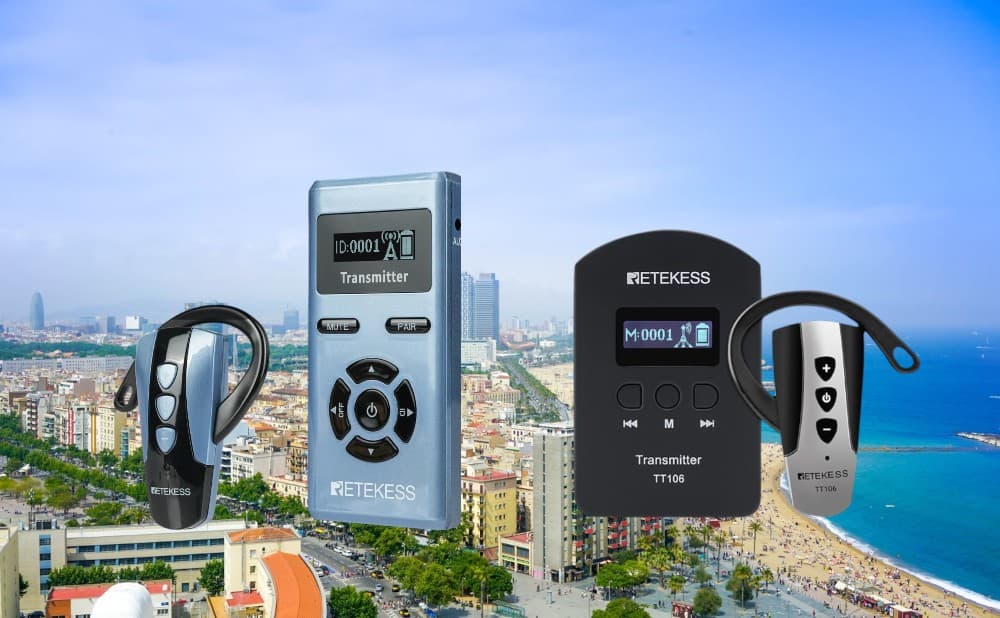
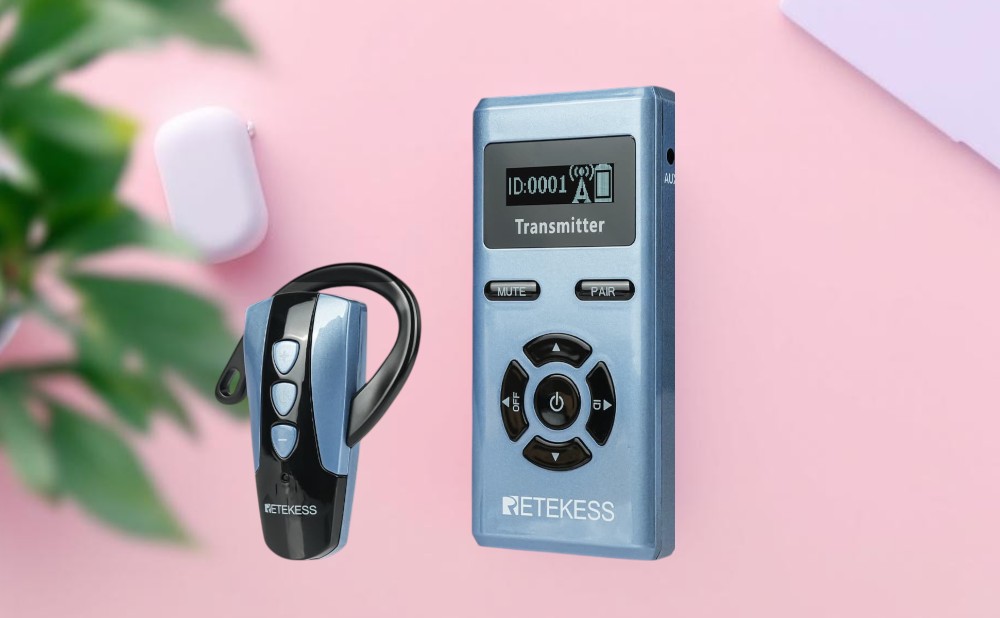





Comments (1)